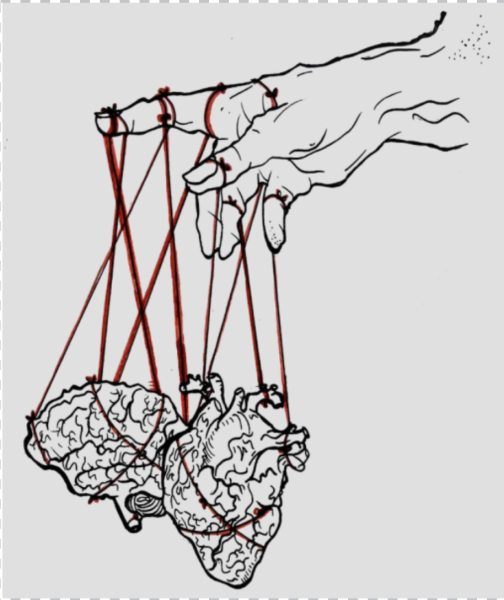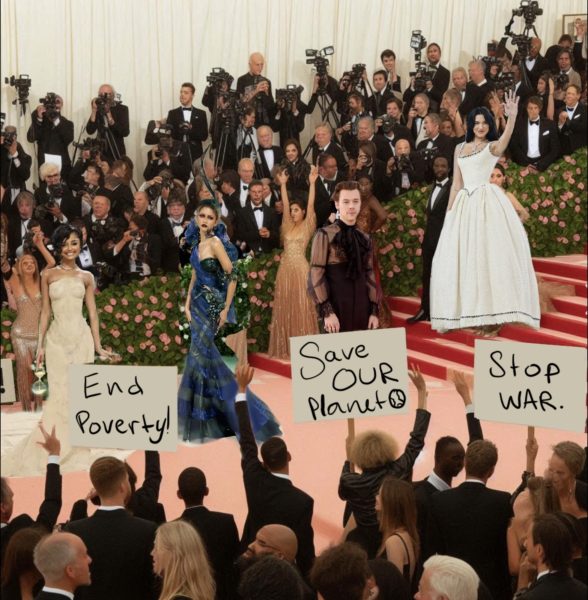CC Scandal
Culture. Community. That’s what ISL stands for. We thrive on the internationality of our school. But some of us feel as though this “internationality” has been exaggerated.
ISL’s own Culture and Community Club started out as a student’s Personal Project on leadership. A couple of years after the student had gathered a group of middle schoolers together for their project, “[the teachers] realised that [they] were trying to teach the middle school students to be leaders, and [they] realised that it’s not actually about leadership, it’s about the community, and what they call followership, being part of a group,” as said by Mr. Harrison, previous leader of the CC Club.
The CC Club focuses mainly on middle school students, and occasionally the primary school. The target audience has never been and will most likely never be the high school. This is for one simple reason: high school students are much more knowledgeable about cultures and traditions in general.
The middle school years, however, are a time in which learning about other cultures occurs in more depth. Those are the years we are most in need of an understanding of the world around us. The CC Club’s intention is to enhance the culture and traditions around the student body of our school.
Collaboration between the Primary and Secondary school has also been essential for past events, such as International Day and Chinese New Year. The involvement and motivation from both parties enabled a strong and successful outcome that helped primary students enrich their knowledge of different cultures and festivals.
One of the big misinterpretations within the CC Club is its individuality – what is truly its own versus what was stolen from unreliable sources such as Wikipedia, just to end up with pretty presentations and call it a day. But what’s not taken into consideration is the backstage aspects and the coordination that is put into every festival and occasion.
Ane, the leader of the CC Club for this year, acknowledged that there is a problem with “the whole ‘winter being Christmas’ thing”, and detailed her plans to fight that stereotype. She said that “we’re going to choose not-as-well-known celebrations from all over the world that aren’t religious because December equals Christmas for many people, and the CC Club is going to try to associate it with other holidays too.”
Everything done in the CC Club is done for a purpose – more than just to check a box, but to address real and relevant issues, and to try as best we can to fix them. But fixing issues facing the entire world is impossible, and the CC Club can’t be expected to solve them all themselves.
This leads to another common mistake made among those mentioning the CC Club – cultural tokenism. The belief that we are only acknowledging cultures because of an idea that we have to, and are acknowledging these cultures inadequately. And, although it may be true that there are too many cultures still failing to be properly acknowledged at ISL (even ones as common as the Hindu and Jewish cultures), the cultures that are being acknowledged by the CC Club are not being celebrated only for the purpose of being able to say that we recognize them.
Of course the CC Club has its flaws – all things that we are trying our best to fix – but everything has flaws, and we can’t judge something so thoughtlessly because of them. Not much is achieved if one doesn’t act to help overcome flaws and errors. Why not take the time to get to know what we do first?
The CC Club acts in favor of the students. We strive to make a difference by diversifying and enriching the culture within our community, in whatever way we can. If it is believed that we do very little authentic work, little more than a Wikipedia presentation, maybe we should think back to before the pandemic, when options were truly available to us.
Maybe we should think back to the time we set up a Holi festival for the entirety of the Secondary school, or when we supported the Primary CC Club during Chinese New Year, as well as their International Day. It would be difficult to succeed at that without a little more than “copy and paste”.
Overall, the CC Club has done a lot more than could be expected to improve the awareness and diversity within our school community. It’s time that people stopped focusing solely on the negative aspects of the club, and paid a little more attention to the positives, seeing as there are so many more of them, and they do not deserve to be forgotten.

I am a 17 year old American-Indian student going to ISL, and have been a part of The High for 4 years now. Though I claim to be the least creative person...

I am an American Year 12 who has always adored anything to do with creativity—writing, drawing, theatre, you name it (although I do warn you that any...
Hola! I'm Jaime and I’m in year 12, this is my second year doing the high. Outside of school, I love to ski and just spend time with friends




